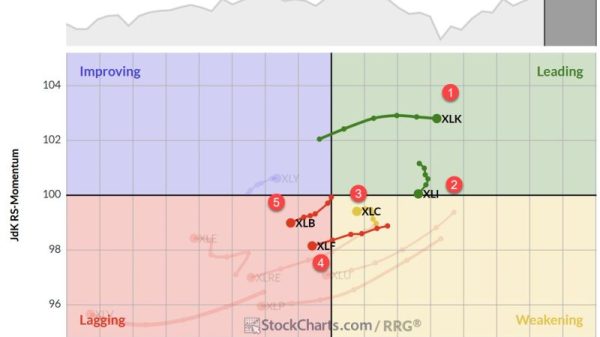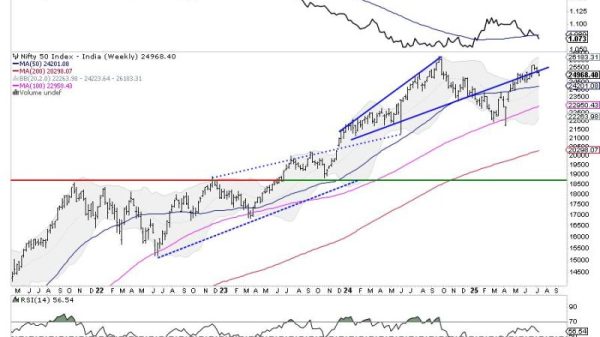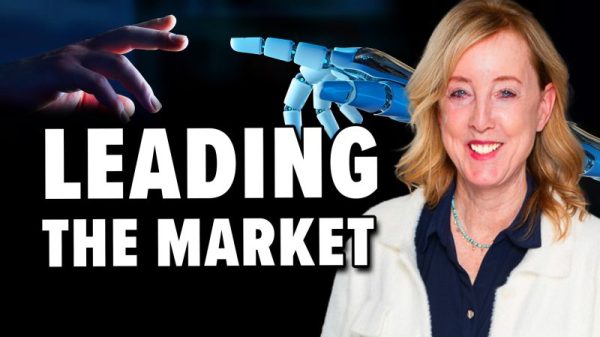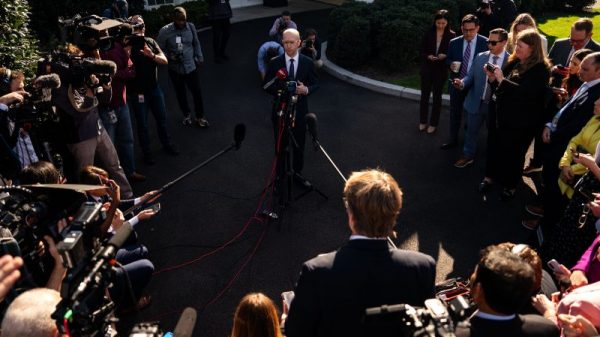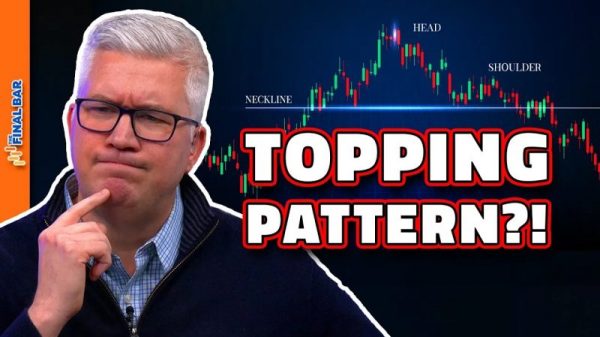Soaring auto insurance costs have been a principle driver behind inflation over the past year, but there could be relief on the way, according to Bank of America.
The bank’s economists see several driving factors behind the run-up in costs to ease in the months ahead, possibly taking some of the heat off a category that has pushed the Federal Reserve to keep up its inflation fight.
“The turbocharged increases in motor vehicle insurance premiums are a response to underwriting losses in the industry. Insurers saw losses,” BofA economist Stephen Juneau said in a note. However, he added, “There are signs that many insurers are getting back to profitability.”
Primarily, the hit to insurers, which has been passed on to consumers, arose from three sources: higher vehicle prices, increased costs for repairs and “more accidents as driving trends returned to normal,” Juneau said.
There’s some good news on that front.
Sales prices for new and used vehicles have been trending lower in recent months and are down 0.4% and 6.9%, respectively, on a 12-month basis, according to Bureau of Labor Statistics data through April. Also, repair and maintenance services costs were flat in April though still up 7.6% from a year ago.
Motor vehicle insurance costs, though, continued to soar.
The category rose 1.8% in April on a monthly basis and was up 22.6% from a year ago, the largest annual increase since 1979, according to Bank of America.
In the CPI calculation, auto insurance has a weighting of nearly 3%, so it’s a significant component.
The recent trends probably do not “mean that your premium will fall, but we think the rate of increase should slow,” Juneau said.
That has been the general story with inflation: prices are not falling, but the rate of increase is well off the pace of mid-2022 when inflation hit its highest level in more than 40 years. Overall CPI inflation ran at a 3.4% annual rate in April.
There’s one other tidbit of good news when it comes to Fed policy.
The central bank’s primary inflation barometer is the Commerce Department’s measure of personal consumption expenditures, not the consumer price index from the BLS. In the PCE gauge, auto insurance has a smaller weighting, meaning it is less of an inflation driver.
If the BofA forecast for insurance disinflation is accurate, it could at least give the Fed more confidence to start cutting rates later this year. Current market pricing is indicating an expected first cut in September, with one more possible before the end of the year.
“We think further improvement in this aggregate is one key for the Fed to become more confident in the disinflationary process and start its cutting cycle,” Juneau said. “Until then, we expect the Fed to keep rates in park.”







